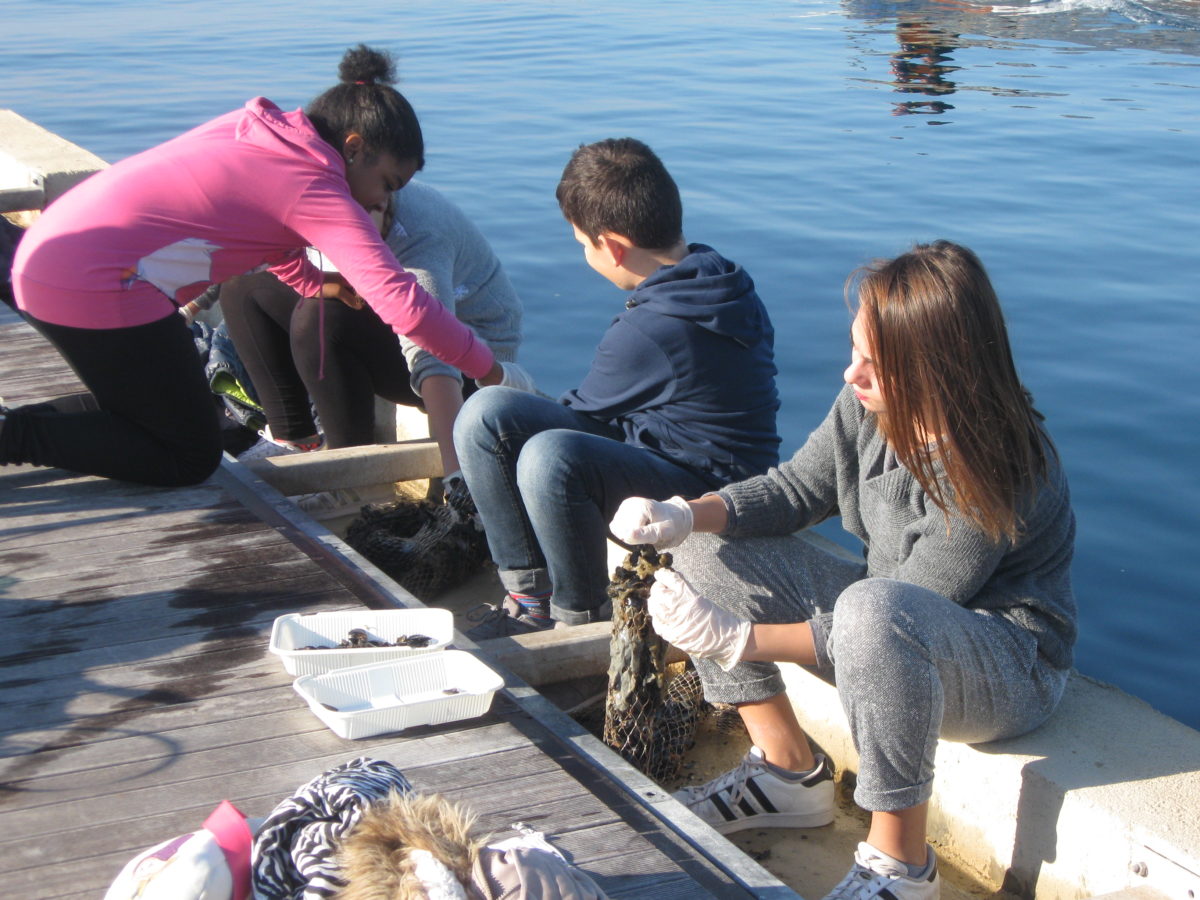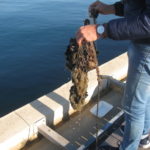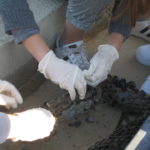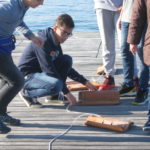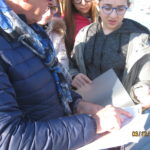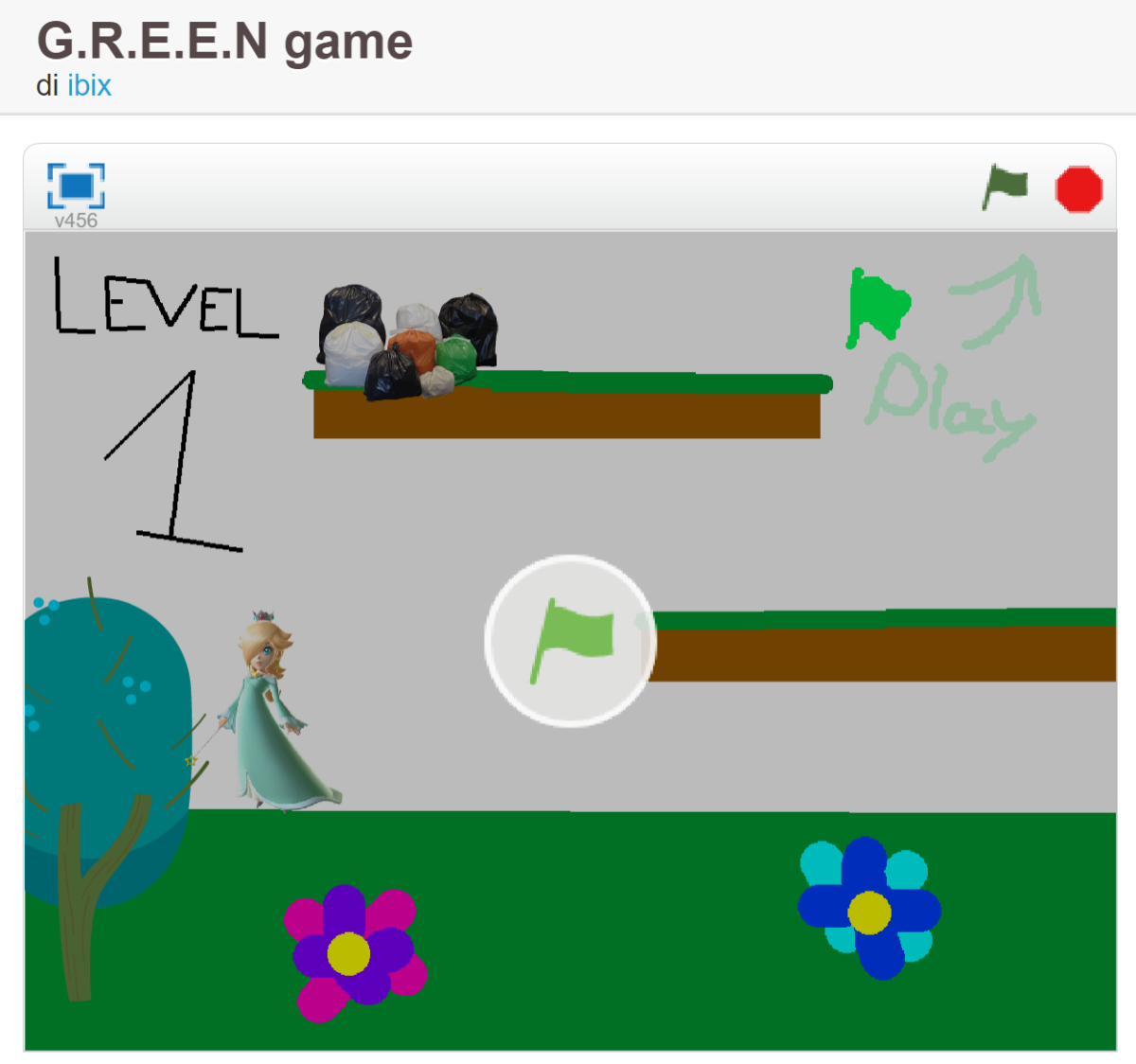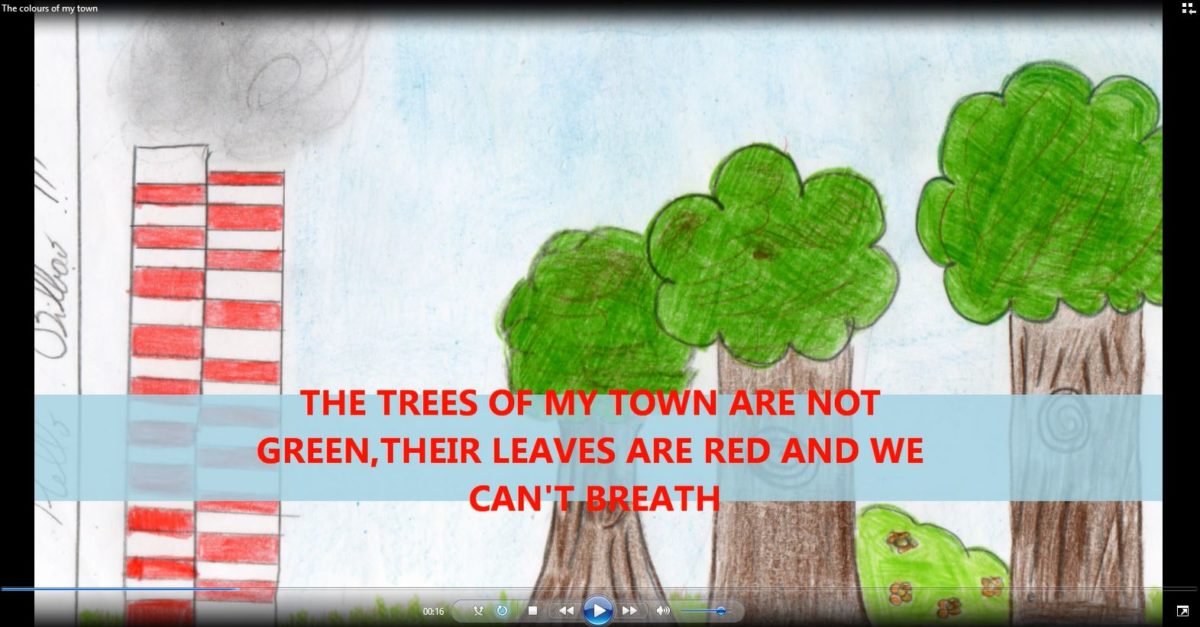Best practices related to the theme of sustainability that are related to business ideas, productive activities that could create a value that is not only economic.
Describe the BEST PRACTICE
Proposer Country : Italy

To which subject of the Sustainibility does it refer?
7 – affordable and clean energy and, to a lesser extent
12 – responsible consumption and production.
Who does it practise ?
Eggplant S.r.l. – Domenico Centrone, Vito Emanuele Carofiglio and Paolo Stufano.
Where? (If it belongs to B type, please indicate the geographic place)
In the Apulia Region, in Southern Italy, Bari.
When?
Since 2013.
Why do you think that this best practice can be exported?
Because I think to reuse the scraps of the urban’s activities is really helpful to fight the wastage.
Describe the activity
This company provides advanced bioplastic-based solutions. It reuses organic leftovers and waste waters coming from towns to make new materials -such as fertilizer- and sell them on the market. One of the most important goals of the company is to obtain final products without contributing to pollution.
WEBSITE
http://www.eggplant.it/



